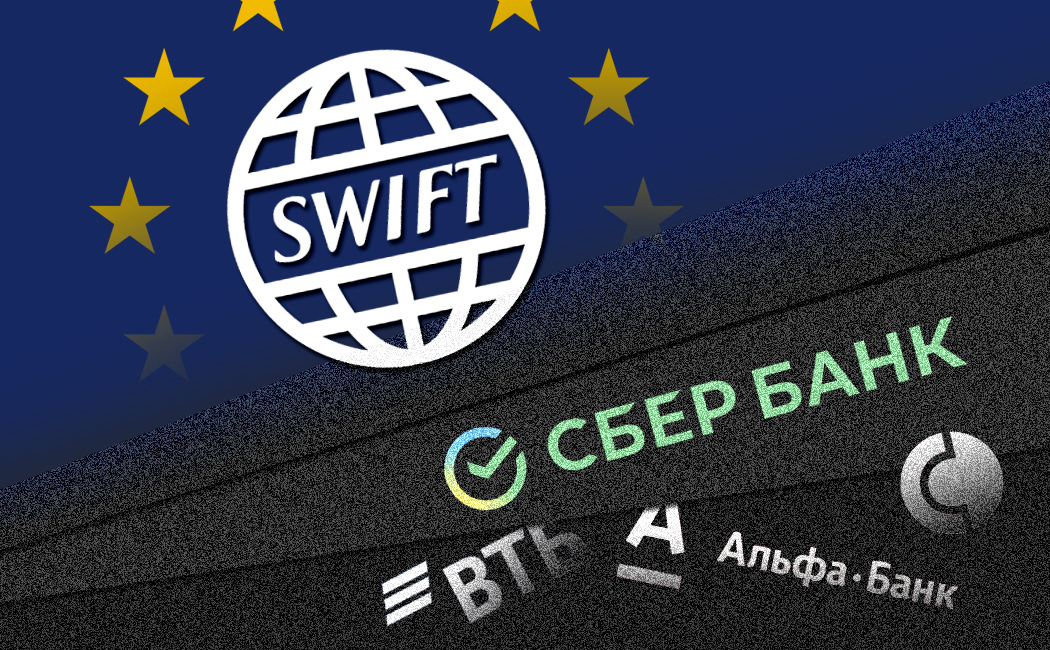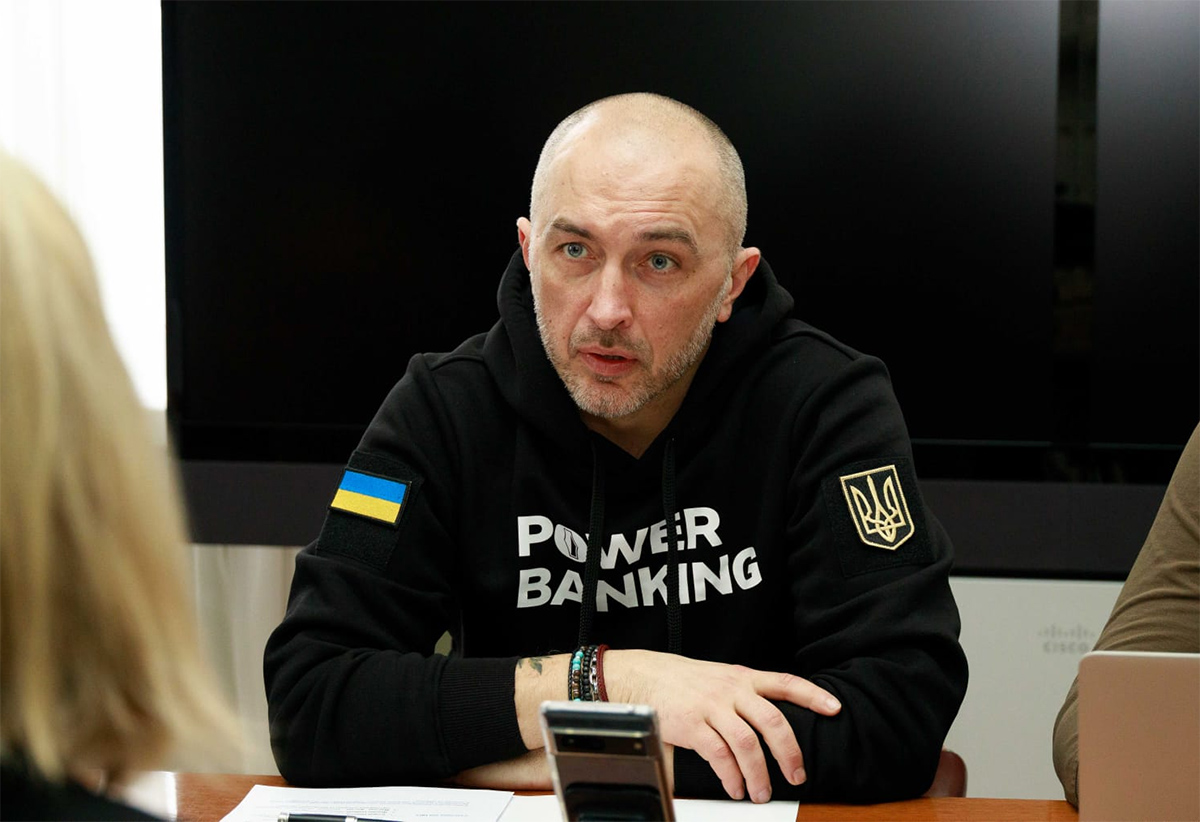Per the sanctions imposed by the EU and its partners against Russia in 2022, many Russian banks were disconnected from the SWIFT system, including VTB, Otkrytie, Sovcombank, Promsvyazbank, Novikombank, Alfa-Bank, VEB, Rosselkhozbank, Novikombank, MKB, Rossiya, IS-Bank, BSTDB, Genbank, and Gazprombank. At the initial stage of the sanctions regime, Western countries decided not to disconnect one of the largest Russian banks, Sberbank, which is partially owned by the Russian corporation Gazprom, from the SWIFT system. Despite the disconnection of several Russian banks from the SWIFT international transaction system, Russia retains the ability to make international payments.
The SWIFT acronym is often mentioned in the media in the context of anti-Russian sanctions. The Society for Worldwide Interbank Financial Telecommunications (SWIFT) is an international interbank system for the transfer of information and payments. In simple terms, it is a system for transferring data on foreign currency payments made by its participants (banks and their clients).
In terms of its legal status, SWIFT is a cooperative society founded under Belgian law by 248 banks from 19 countries. Currently, the organization includes about 9 thousand banks from more than 200 countries. The head office is located in Brussels. In addition to banks, other companies are members, including more than a thousand multinational corporations. To conduct transactions, each participating bank receives a unique SWIFT code. Every year, the system accepts 4-5 billion payment orders for servicing. The two-tiered database storage architecture and the use of a unique individual client code ensure almost 100% protection of client payments. After the events of September 11, 2001, the United States, represented by the FBI, CIA, and Treasury Department, gained access to these databases. That’s why there is a saying that Uncle Sam sees every non-cash dollar and every sender and recipient of US currency.
At first glance, the influence of Americans on the SWIFT system is very limited. The company is based in Europe and operates under Belgian law. However, SWIFT’s uniqueness is based on the exclusivity that this company has received in the dollar settlement system. If the US Treasury starts fighting this “exclusivity”, the company will be left with only one office and old servers. Therefore, SWIFT tacitly agreed to disclose banking secrecy at the request of the US security forces, despite numerous accusations of violating basic banking principles. So the will of the United States will be fulfilled in no time.
The Lock and Key
Moscow fully realizes the threat of blocking international transactions. Painstaking work is underway to diversify currency risks.
At the moment, the Russians have an independent Financial Messaging System (FMS), or a so-called Russian SWIFT. It can only work in the face of a blockade of some banks or the entire banking system, provided that at least the Central Bank of the Russian Federation is not cut off. In such a scenario, the SPSS will act as a supplement to SWIFT. If the Central Bank is also blocked, all foreign currency assets of Russians will be at risk. Potential losses are hundreds of billions of dollars.
However, disconnecting the Russian central bank from the SWIFT system is currently impossible, as it would disrupt the entire architecture of the global financial system. Countries in the Global South would begin to disconnect from it, and the United States and the EU would suffer the most. At the same time, the countries of the Global South would create their payment system, which will lead to the de-dollarization of global transactions, benefitting Russia and China.
At the same time, blocking financial flows is paramount to reducing the enemy’s ability to wage war. For example, the inclusion of a country on the FATF blacklist leads, among other things, to a wide range of opportunities to block financial transactions that benefit such entities.
At one time, the FATF group prepared a report on the financing of the Islamic State of Iraq and the Levant (ISIL) terrorist organization. This report provided a detailed analysis of how the terrorist organization generated and used funding for its activities. This analysis was crucial in determining how the FATF and the international community could cut off ISIL’s funding.
Information gathered from multiple sources and countries, such as Saudi Arabia, Turkey, and the United States, demonstrated that ISIS’s primary source of income was from the occupied territory. Appropriation of cash stored in state-owned banks gave ISIS access to approximately half a billion U.S. dollars at the end of 2014. The exploitation of oil fields also generated significant funds for ISIS, especially when it first took control of them.
The Neutron Financial Bomb of Sanctions
To block financial flows, it is necessary to interrupt banking transactions and deprive such organizations of their income-generating assets.
It’s worth remembering that Russia is a member of the FATF. If the Russian Federation is included in the organization’s blacklist, it will have catastrophic consequences for it. In that case, correspondent accounts of Russian banks will be blocked not only in the United States and Europe but also in China, other Asian countries, Latin America, and Africa.
Only correspondent accounts in Iranian rials and North Korean won will remain. It is worth noting that the Yermak-McFaul group, which coordinates sanctions policy at the global level (Ukraine-USA-EU-UK-Canada), had earlier identified the inclusion of Russia in the FATF blacklist as one of the priorities for the sanctions policy.
Source: The Gaze







